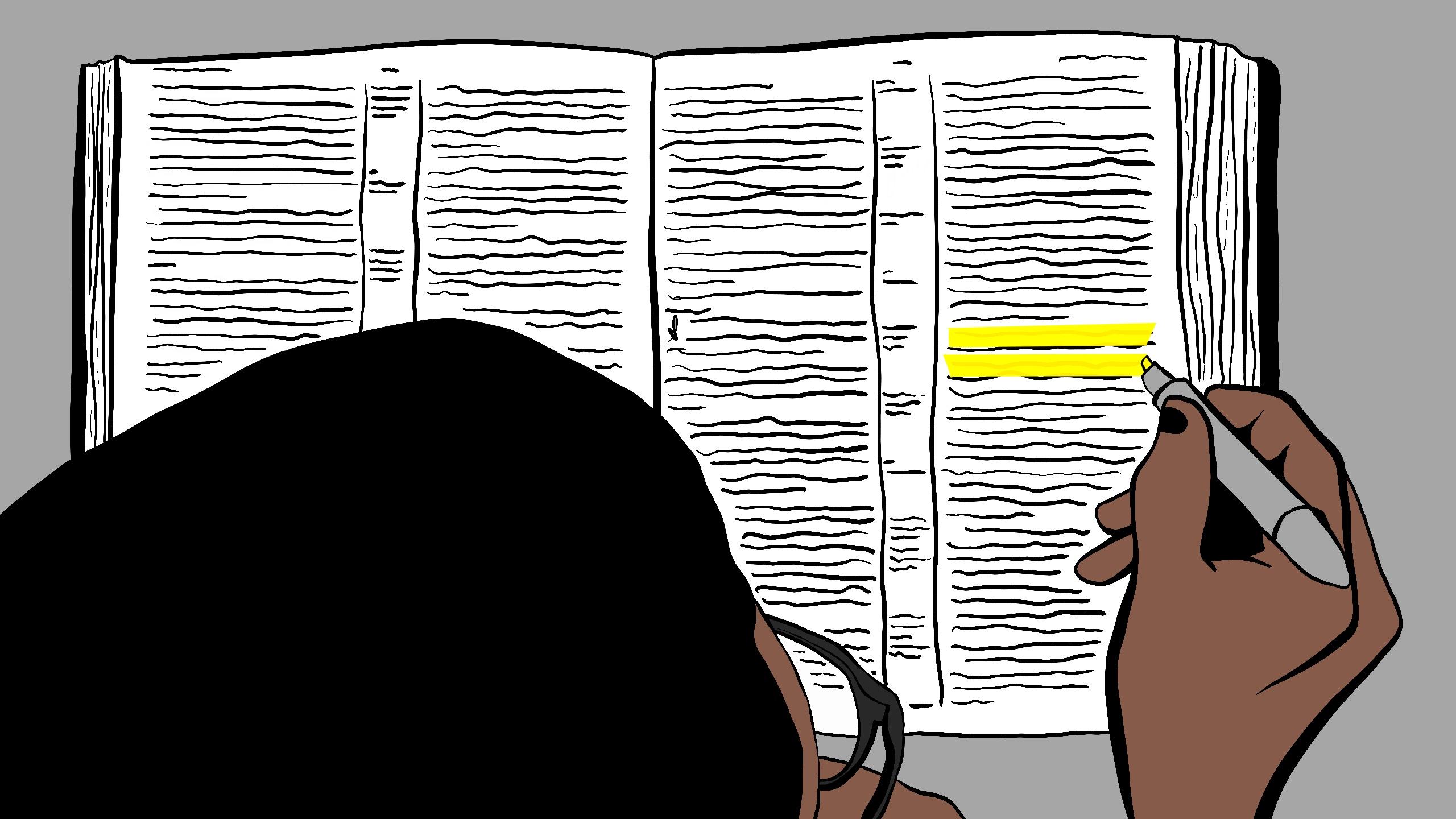By Rajalaxmi Nayak
One of the first of its kind in the country, Ryerson’s Black Studies minor is set to launch for the 2022-2023 semester. The uniquely interdisciplinary minor, which features courses from 13 different programs at the university, including media production, English and journalism, will be open to students this fall.
Professors Mélanie Knight, Anne-Marie Lee-Loy and Cheryl Thompson created the minor, which will speak to the lived experiences of Black people around the world and in Canada with a focus on Black ideas, scholars, histories and more. The minor is a step towards creating a more inclusive curriculum, according to Knight, who is the advisor to the dean of the Faculty of Arts.
While the students who demanded an inclusive curriculum and pushed for the creation of this minor might have graduated, the fruits of their efforts are here for current students to benefit from.
Knight said the minor has been designed to ensure that every student at the university has the opportunity to take the minor through a mix of liberal studies and electives.
“We have done our best to eliminate barriers,” said Knight. “To study Black culture and engage with the subject in the context of specific disciplines, students can take courses offered by their program that will count towards the minor.”
In an effort to address a major gap in representation in academia, a selection of courses were carefully curated by the instructors to reflect the depth of the Black experience.
There are courses tailored to certain disciplines to ensure there are multiple ways for students in different programs to choose courses relevant to their major, while still meeting the requirements of their degree. “If you are in a certain program and if the course is on the minor and it’s part of your core curriculum, yay, you’ll be able to gain a credit through that course,” said Knight.
This step towards inclusion was long overdue and delayed by a lack of Black faculty to teach the specialized courses. “If you don’t have any Black scholars who research Black studies or teach it, then how do you create [the minor]?” said Knight.
Although it is a significant step in the right direction, Knight notes there is a long way to go. “When you don’t have enough people, you don’t have enough courses. So now, slowly, we’re seeing an increase in hires, but we’ve got a lot of work to do,” she said.
Here are some of the new Black Studies courses students can add to their timetables next semester.
ENG 142 – Black Arts, Black Power
Black Arts, Black Power is a comprehensive introductory Black Studies course touching on topics such as slavery, emancipation, segregration, immigration and more. Students will also analyze literary texts and intellectual traditions in the Black experience of North America, with special attention paid to a Black Canadian context. This is the only required course since the minor is housed in the Faculty of Arts.
ENG 653 – Black Literatures and Cultures
This course caters to students with an interest in literature, specifically in the context of Black experience and ideas. Designed to allow students to sharpen their critical thinking skills, the Black Literatures and Culture course offers a deeper dive into how Blackness is articulated, claimed, challenged and produced in different narratives and literary expressions.
For students interested in decolonizing their understanding of the fashion industry, this course strengthens knowledge of the influence of race on culture and business in the fashion industry. Analyzing and critiquing the fashion industry through a Black studies lens, FFS 120 explores cultural appropriation, race and its relationship to dressing and appearance, how the businesses of fashion interacts with race and more.
IDE 400 – Africa and Beyond: Decolonizing Design Culture
Africa and Beyond: Decolonizing Design Culture challenges the dominant narratives in the field of design by examining building traditions and design cultures of the African continent from pre-colonial origins to modern day. Students in this course will examine the role of designers in this decolonization process and methods to move toward an inclusive and sustainable society.
For students interested in the impact of the representation of Black people in the media industry, Reporting on Race allows students to approach it from a place of empowerment, emphasizing the importance and value of Black perspectives in journalism. Examining the harm that problematic narratives cause, students will learn to identify biases and deconstruct reporting on Black communities through assignments that include hands-on multi-platform reporting, class presentations and guest speakers. The course is already available to journalism students as a core elective and to others as an open elective.
HIS 760 – The African Diaspora
For students interested in history, this course delves deeper in the history of Black diaspora and the African continent. Students will cover topics like abolitionism, Pan-Africanism and to further understand its cultural, political and economic legacies in relation to global inter-connectedness. It will also touch on African religious and secular movements.
CRI 470 – Black Creative Practices
Created by Cheryl Thompson, an assistant professor at the School of Performance, Black Creative Practices is designed to expose students to the world of creative and performing arts—musicians, dancers, arts movements, afrofuturism, cryptocurrencies and more—to examine their origins, forms and styles. It will follow a four unit structure: improvisation; expressive practice; Black digital culture; and Black sports. The course is crafted to give students a profound understanding of important moments in Black creative history, ideas, culture, music and film.













Leave a Reply